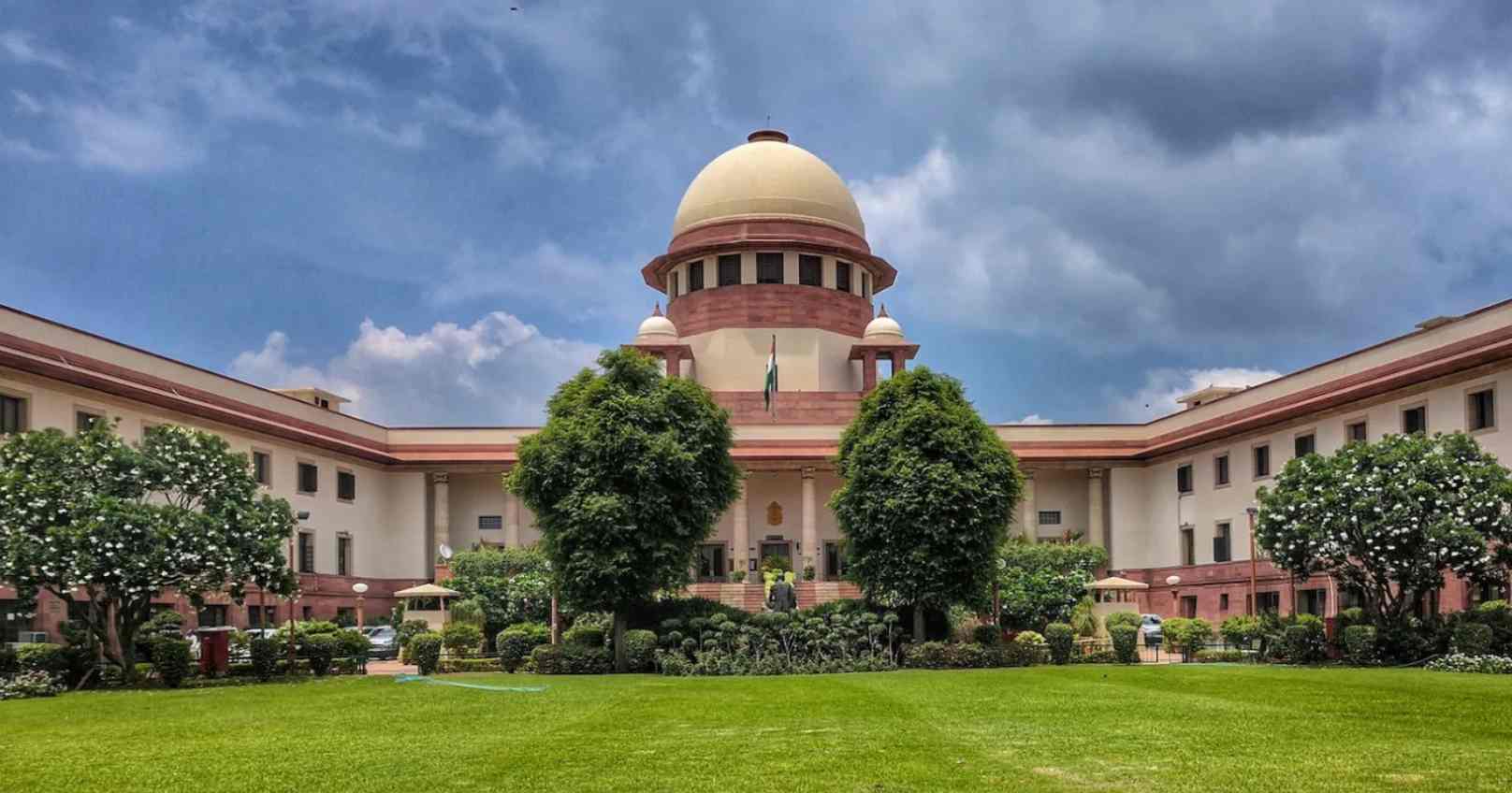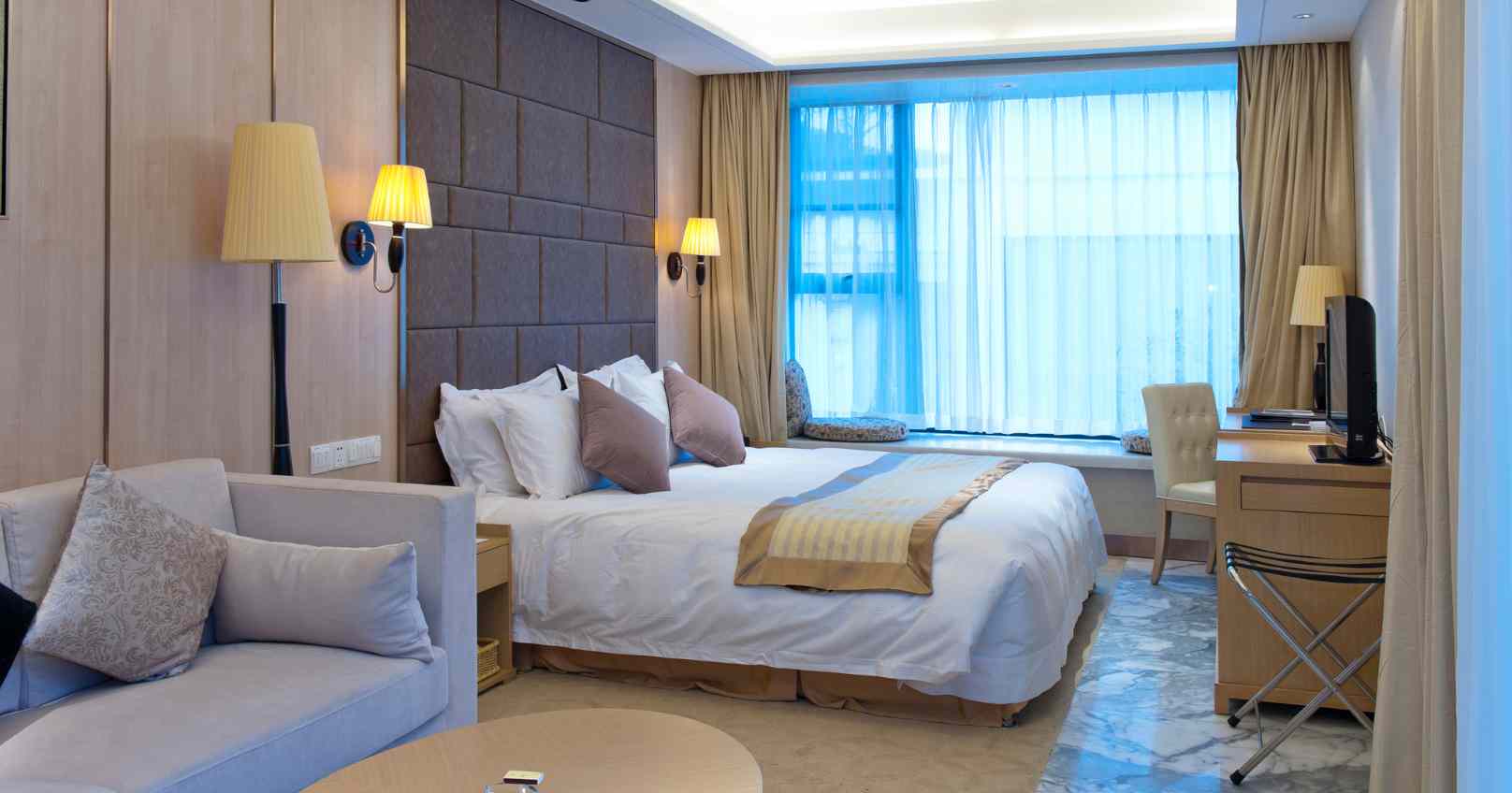Reservation system in India: From history to till now
Exploring the Evolution, Impact, and Judicial Interpretation of India's Reservation System: A Comprehensive Overview from its Early Beginnings to Contemporary Challenges
18-05-2024Exploring the Evolution, Impact, and Judicial Interpretation of India's Reservation System: A Comprehensive Overview from its Early Beginnings to Contemporary Challenges
18-05-2024Introduction
The history of the reservation system in India dates back to the pre-independence era. The system was initially introduced as a means to address the social and educational backwardness of certain sections of society. Over the years, it has evolved and undergone several significant changes to achieve the goal of social justice and equality. In this topic, we will explore the history and evolution of the reservation system in India, providing insights into its development and its impact on Indian society.
What is Reservation?
Reservation is basically a affirmative action [it refers to set of policies by a government or institution with the aim of assisting marginalized groups], Which is given to those section of people who is socially, educationally and economically backward.
Early Beginnings
The concept of reservations can be traced back to the When India was ruled by the Britisheres, reservation was there at that time.
• In 1882 Hunter Commission was appointed in which Mahatma Jyotirao Phule demanded a free and compulsory education and government job for the people.
• In 1902 a notification made 50% reservation in services for backward people in the state of Kolhapur. This was the first notification providing for the reservation for the welfare of the backward people in India.
• In 1908 the castes and the communities which had some part in the administration in the British rule, reservation was introduced in that favour.
• In 1909 provisions were made in the Government of India Act, 1909 which was known as Morley Minto Reforms. In 1919 the provisions for the reservation were made in the Government of India Act, 1919.
• In 1921 Madras Presidency made a GO providing 44% reservation to non-Brahmins, 16% reservation for Muslims, 16% reservation for Anglo Indian Christians and 8% reservation for the Scheduled Castes.
•Poona Pact of 1932, signed between leaders of the Indian nationalist movement, Dr. B.R. Ambedkar and Mahatma Gandhi. This pact aimed at ensuring fair representation and political participation for the marginalized communities, primarily the Dalits (formerly known as "Untouchables"). As a result, a provision for reserved seats was incorporated in the Government of India Act, 1935.
Expansion and Inclusion
In the years following the adoption of the Constitution, the reservation system underwent further expansion. The First Backward Class Commission was set up by a Presidential Order under Article 340 of the Constitution of India on Jan 29th, 1953, under the Chairmanship of Shri Kaka Kalelkar but this recommendation was not accepted. In 1979 the Mandal Commission was appointed to identify the backward classes and suggest measures for their advancement. Based on the recommendations of the commission, the Government of India introduced a 27% reservation for Other Backward Classes (OBCs) in government jobs and educational institutions in 1990. This move aimed to address the historical social and educational disadvantages faced by the OBCs.
Constitutional provisions dealing with reservation in India
According to Article 15(4) and 16(4) of the Indian constitution enable the state and central government to reserve seat in government service for any socially and economically backward classes, SC and ST.
Article 16(4A) enables the government to provide reservation in promotions.
Article 16(4B) talks about carry forward rule [the unfilled reserved vacancies of a particular year would be carried forward].
Article 330 and 332 talks about reservation of seats for SC and ST in parliament and State Legislative Assemblies.
Article 243D and Article 243T talks about reservation of seat in every panchayat and municipalities.
Article 15(6) talks about reservation for economically weaker sections and provides 10% reservation for the economically weaker sections (EWS) among the general category.
Judiciary interpretation on reservation
In the case of Indra Sawhney v. Union of India (1992), the court considered the scope and extent of Article 16(4).
The Court has stated that the creamy layer of OBCs should be removed from the list of reservation beneficiaries, that reservations should not be used in promotions, and that the total reserved quota should not exceed 50%.
The Supreme Court in M. Nagaraj v. Union Of India 2006 case, while maintaining the constitutional validity of Art 16(4A), declared that any such reservation program must satisfy the following three constitutional requirements:
• The SC and ST communities should be socially and educationally disadvantaged.
• The SC and ST communities do not have enough representation in public jobs.
• Such a reservation scheme will not have an impact on overall administrative efficiency.
Conclusion
The reservation system in India continues to face challenges in terms of proper implementation, effectiveness, and addressing the changing dynamics of social backwardness. There is an ongoing debate regarding the need to revise the reservation criteria and explore alternative approaches to tackle the issue of social inequality. The future outlook of the reservation system remains uncertain, as it requires a balanced approach that allows for both social justice and merit-based opportunities.


A PIL by Sanvedana Foundation challenges the IRDAI’s 2020 circular allowing insurers to exclude ep
Read More
A Delhi court has ruled against releasing hotel CCTV footage in a case involving two Army Majors, ci
Read More
Chief Justice BR Gavai has pushed back against criticism of the judiciary over case backlogs, saying
Read More